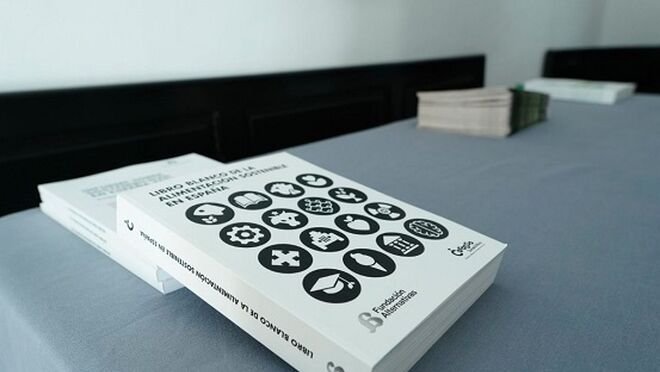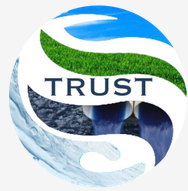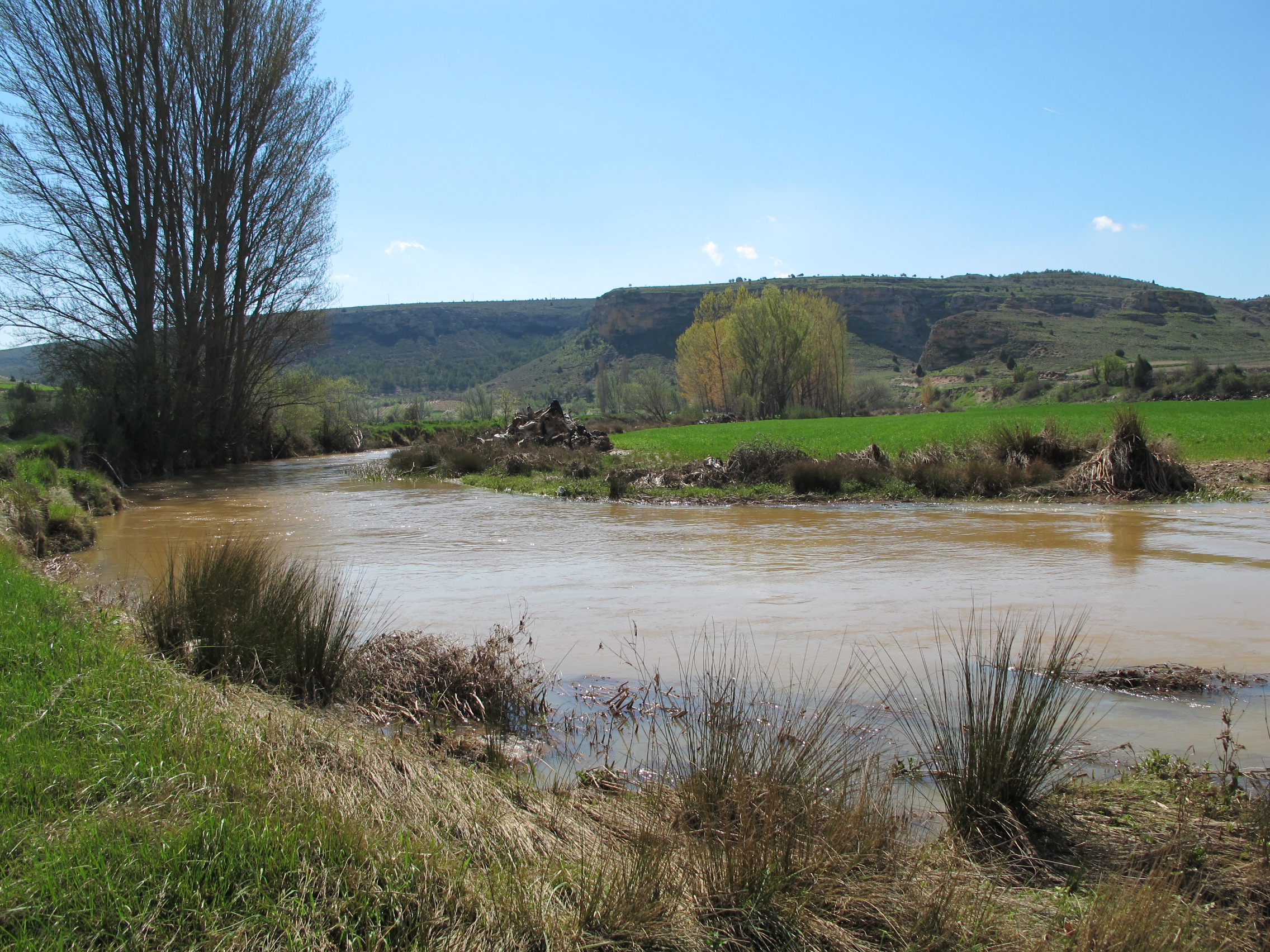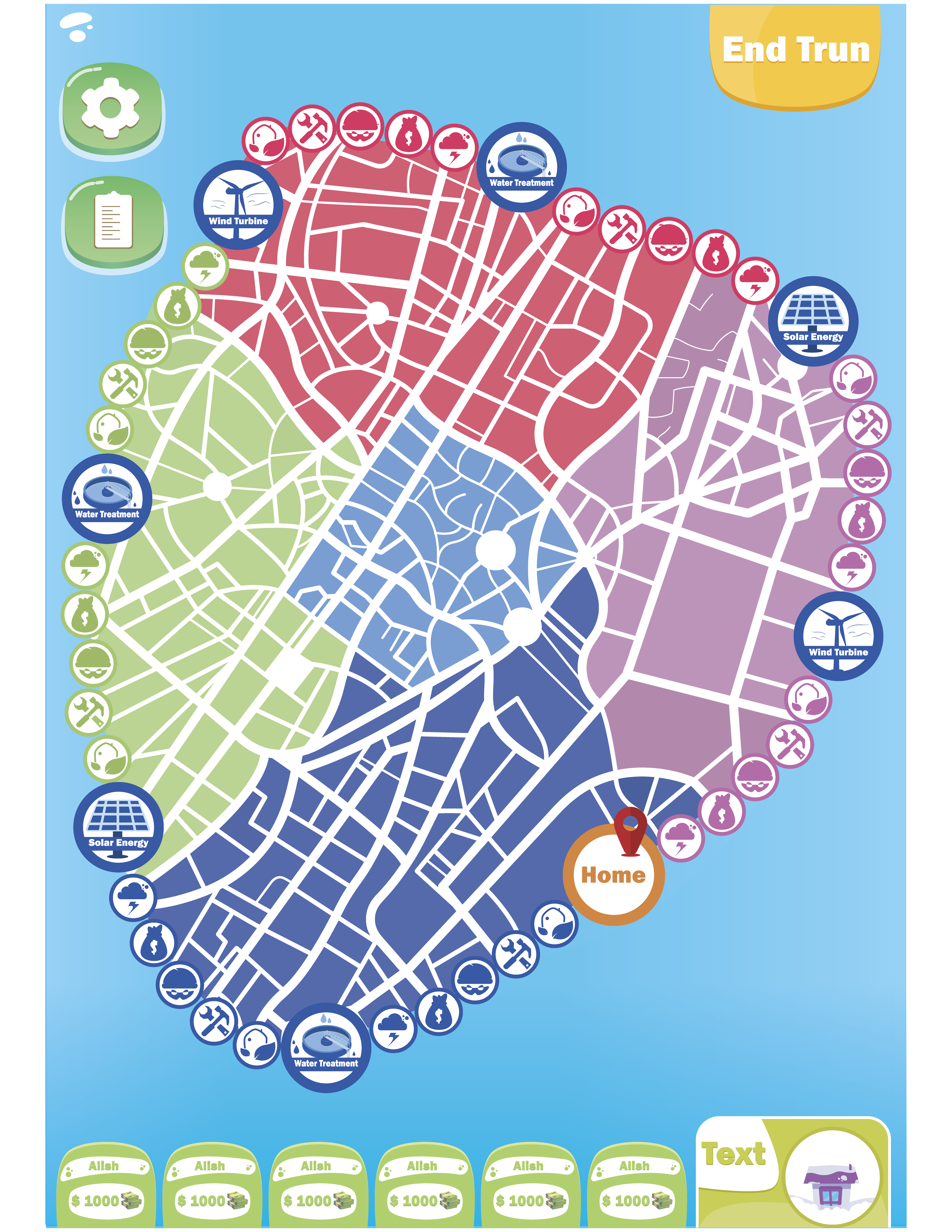
White Paper on sustainable food in Spain
Coordination of the creation and drafting process of the White Paper on Sustainable Food in Spain.

PRIMA Foundation
Water infrastructures, sanitation and treatment and New technologies
UNICAL, ITM, CNRS, University of Valencia, TERIVA, University of Montpellier, INAT, LHYGES, USfax, EGE, VYYU, DEU, UGUELMA
Finishes in May 2024
Water scarcity is not only a phenomenon that impacts on the environment, it also affects the economic, energy, industrial and social sectors. Moreover, in Mediterranean regions, the risk of drought is increasing due to the combined effect of overexploitation of water resources and climate change.
On the other hand, the textile industry is one of the sectors that uses the largest quantities of freshwater, and is one of the main industries with a major economic role in Turkey and Tunisia. Also, according to World Bank reports, the textile industry as a whole contributes 20-30% of freshwater pollution.
For the pharmaceutical industry, there is growing concern about water quality due to emerging contaminants, as conventional wastewater treatment plants (WWTPs) generally do not take these compounds into account.
As time progresses, the demand for water increases with population growth and environmental regulatory requirements are becoming more stringent, due to growing awareness of the risks to human health and the environment. Therefore, the search for an effective advanced method of treatment and reuse of wastewater from the textile and pharmaceutical industries is a challenge.
Currently, non-conventional water, such as wastewater, is only reused at around 20%, proper treatment would create a new source of clean water for use and an opportunity to improve water security.
The use of treated wastewater is one of the most sustainable alternatives to address water scarcity. At TRUST, various technologies will be analysed taking into account the quality of treated water for reuse and overall sustainability through the application of life cycle assessment tools. In addition, a study on the acceptance of these technologies will be carried out with a participatory approach.
The overall concept of TRUST is to provide wastewater treatment strategies, considering the impact of water saving and reuse at basin scale in two regions (Tunisia and Turkey) currently facing water scarcity and in the context of climate change.

Water scarcity is not only a phenomenon that impacts on the environment, it also affects the economic, energy, industrial and social sectors. Moreover, in Mediterranean regions, the risk of drought is increasing due to the combined effect of overexploitation of water resources and climate change.
On the other hand, the textile industry is one of the sectors that uses the largest quantities of freshwater, and is one of the main industries with a major economic role in Turkey and Tunisia. Also, according to World Bank reports, the textile industry as a whole contributes 20-30% of freshwater pollution.
For the pharmaceutical industry, there is growing concern about water quality due to emerging contaminants, as conventional wastewater treatment plants (WWTPs) generally do not take these compounds into account.
As time progresses, the demand for water increases with population growth and environmental regulatory requirements are becoming more stringent, due to growing awareness of the risks to human health and the environment. Therefore, the search for an effective advanced method of treatment and reuse of wastewater from the textile and pharmaceutical industries is a challenge.
Currently, non-conventional water, such as wastewater, is only reused at around 20%, proper treatment would create a new source of clean water for use and an opportunity to improve water security.
The use of treated wastewater is one of the most sustainable alternatives to address water scarcity. At TRUST, various technologies will be analysed taking into account the quality of treated water for reuse and overall sustainability through the application of life cycle assessment tools. In addition, a study on the acceptance of these technologies will be carried out with a participatory approach.
The overall concept of TRUST is to provide wastewater treatment strategies, considering the impact of water saving and reuse at basin scale in two regions (Tunisia and Turkey) currently facing water scarcity and in the context of climate change.


PRIMA Foundation
Water infrastructures, sanitation and treatment and New technologies
UNICAL, ITM, CNRS, University of Valencia, TERIVA, University of Montpellier, INAT, LHYGES, USfax, EGE, VYYU, DEU, UGUELMA
Finishes in May 2024

Coordination of the creation and drafting process of the White Paper on Sustainable Food in Spain.

Participatory processes in Flood Risk Management in the Duero river basin.

Collaborative climate adaptation of school districts